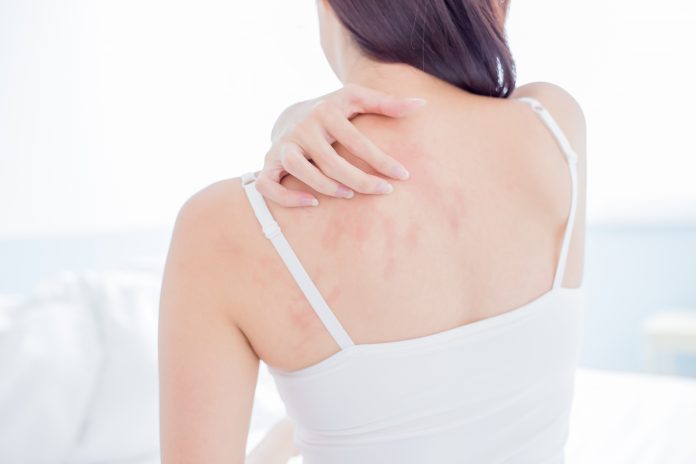
How to alleviate the scaling of psoriasis? How to stop itching of psoriasis? What is a great home remedy for itchy skin? What’s the best soap for skin that is itchy? The ideal answers to these questions need ensuring you understand what’s causing your skin irritation, so here are the basic facts about eczema vs. psoriasis. Medical textbooks refer to eczema as “the itch that rashes” once you scrape it. It’s just as correct to refer to psoriasis as “a rash that itches the majority of the time” if you scrape it or not.
Eczema vs. Psoriasis
That’s because one of the fundamental facts about eczema versus disease, psoriasis, and many other skin ailments is that eczema rash only appears once you scratch your itch. In the highly unlikely event you never scratched, soaked, heated, rubbed, or even touched your itchy skin, the irritation of psoriasis wouldn’t cause a rash.
On the other hand, in its beginning phases, psoriasis will lead to a rash, but it may or may not be itchy. The redness of eczema is due to destruction of the epidermis, whereas the redness of psoriasis is due to unusual development of blood vessels.
Eczema symptoms
- include at least itching
- Red, irritated rash
- White scaly buildup on the skin (hyperkeratosis)
- Thickening, darkening, and roughing of the skin when it heals (lichenification)
- Altered skin colour
- Scratch marks.
Psotiasis Symptoms
On the other hand, the famous Hungary Psoriasis Study affirms that in the majority of cases of psoriasis There’s first some kind of harm to the skin, and over the next 7 to 14 days there’s:
- A bright red rash thickening the skin, with well-defined bounds, happening at the same time
- Itching, commonly followed by
- Formation of a raised silvery scale, occasionally followed by,
- Tender, painful joints.
When the scale pulls or tears off psoriasis-affected skin, there’s usually bleeding, which makes the skin is vulnerable to disease. After its beginning phases, psoriasis may even constitute a medical emergency if there is widespread cracking, fissuring, and disease of the skin.
How to control it?
Eczema may be controlled by removing offending foods in the diet. In its beginning stages, psoriasis might be made more manageable by incorporating omega-3 fatty acids (usually from secure, inexpensive, and organic flaxseed oil or fish oil supplements) into the diet.
Psoriasis research studies reveal that psoriasis symptoms can also be helped by short-term fasting (as little as 18 hours), low-calorie diets, and vegetarian diets. Use of vegetarian diets is beneficial since the fatty acids derived from arachidonic acid, found in particularly high concentrations in beef egg yolk, and fried foods, counteract the benefits of fatty acids in preventing the production of irritant hormones.
And although psoriasis research studies are preliminary on the connection of eczema, broadly , in beginning phases, psoriasis is more likely to be relieved by removing wheat and gluten products, while the aggravation caused by eczema is more likely to aided by removing dairy from the diet.
Psoriasis usually reacts to supplementation with natural or synthetic vitamin C, vitamin E, beta-carotene, and selenium. In regards to psoriasis, B-12 supplements probably don’t have a direct impact, but vitamin B-12 lotions (usually made with avocado oil) do. And particularly in men aged 18 to 54, alcohol consumption is a risk factor for psoriasis symptoms.
How to alleviate the scaling of psoriasis?
Here the answers are not quite the same as my list of eczema home remedies. The least expensive and best household treatment for psoriasis is garlic, but use it externally, not internally!
Turmeric pastes (homemade by adding a tablespoon of garlic to a half-cup of olive oil and dabbing the mix into affected skin) can relieve itching and irritation, although their effects aren’t immediate. You may apply turmeric pastes to skin on just about any area of the body affected by psoriasis, external ear, face, elbows, back, etc., though you may smell a little like curry powder until you wash it off.
How to stop itching of psoriasis?
My readers tell me that they get great results from any soap containing neem oil, though neem’s effects are more evident for treating the irritation of psoriasis than for treating the itch of psoriasis. Also helpful for both psoriasis and psoriasis is a mix of honey, olive oil, and beeswax, applied to the skin after bathing. Published medical study finds that this simple, secure, and affordable blend combats both yeast and staph infections.





